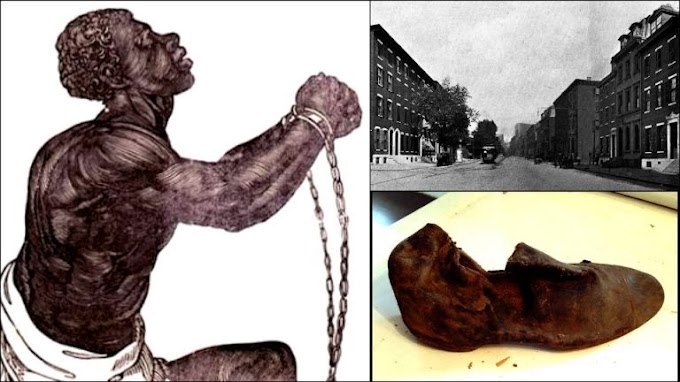Berlin Conference And The Partition of West Africa
In the due course to get a share of the African continent, all European nations participating in the struggle to have a colony in Africa had lost their decency and orderliness in the run. The tension and clashes among these competitors was boiling at its hottest degree. It was at that time that Otto Von Bismarck, a German Chancellor, convened a meeting at Berlin (Berlin Conference) with the purpose of resolving the disputes among the competitors without the use of arms. During the early days of the scramble for Africa, King Leopold of Belgium had claimed the Congo and established his colony there. This was recognized by other nations and it remained undisputed.
However, the Berlin conference commenced on the 15th of November 1884 with the representatives of various European nations on seat. The conference was held at the residence of Otto Von Bismarck. An agreement was reached at the Berlin conference/ Berlin West Africa Conference that all European nations in the run for West Africa will avoid the use of arms in settling disputes or showing superiority. It was also concluded that the scrambling nations will maintain decency and proper understanding in their activities on their various colonies. The countries represented at the time included Austria-Hungary, Belgium, Denmark, France, Germany, Great Britain, Italy, the Netherlands, Portugal, Russia, Spain, Sweden-Norway (unified from 1814-1905), Turkey, and the United States of America.
After a series of arguments and agreements, European nations got their claims in West Africa stamped validly, but with slight modifications in some cases. For example, Britain’s claim over Nigeria was approved after considering the treaties which the Royal Niger Company of Sir George Taubman Dashwood Goldie (who represented Britain at the Berlin Conference) signed with the traditional rulers and natives of the area.
All necessary measures to prevent future clashes among these nations were carefully examined and implemented. It was agreed that the Congo and Niger rivers would be open to all European traders. The Berlin conference came to an end on the 30th of January, 1885.
On February 26, 1885, the Berlin Act was signed by the representatives of Britain, France, Italy, Germany, Portugal and others.
The whole of Africa was partitioned into different areas. The partitioning masters paid little regard to the history, geography, cultures and traditions of Africa. Africa was partitioned according to the interest or satisfaction of the scrambling nations. For example, the Yoruba tribe was divided into two with a part now in Dahomey (Benin Republic).
After the partition, Germany got Togo and Cameroon, Portugal got Guinea and Cape Verde. Britain got the most productive parts like Nigeria, Gold Coast (Ghana), the Gambia and Sierra Leone. France had the highest number of colonies in West Africa, but more than four-quarters of these lands were either barren or stony lands like Senegal, Guinea, Ivory Coast and Dahomey. Belgium and King Leopold II controlled the Democratic Republic of Congo (Belgian Congo).
As the Berlin Act had stated, the social, economic and political conditions of the people of West Africa should be improved by each of the scrambling nations, their intention was different from this as each went back to West Africa after the conference to resume their mad race for lands until the 1890 Brussel Conference gave way to nations that had some economic interest in West Africa. These nations were called upon to develop West Africans socially, politically and economically. And that was the beginning of Colonial rule in West Africa.
Source: Oldnaija










0 Comments